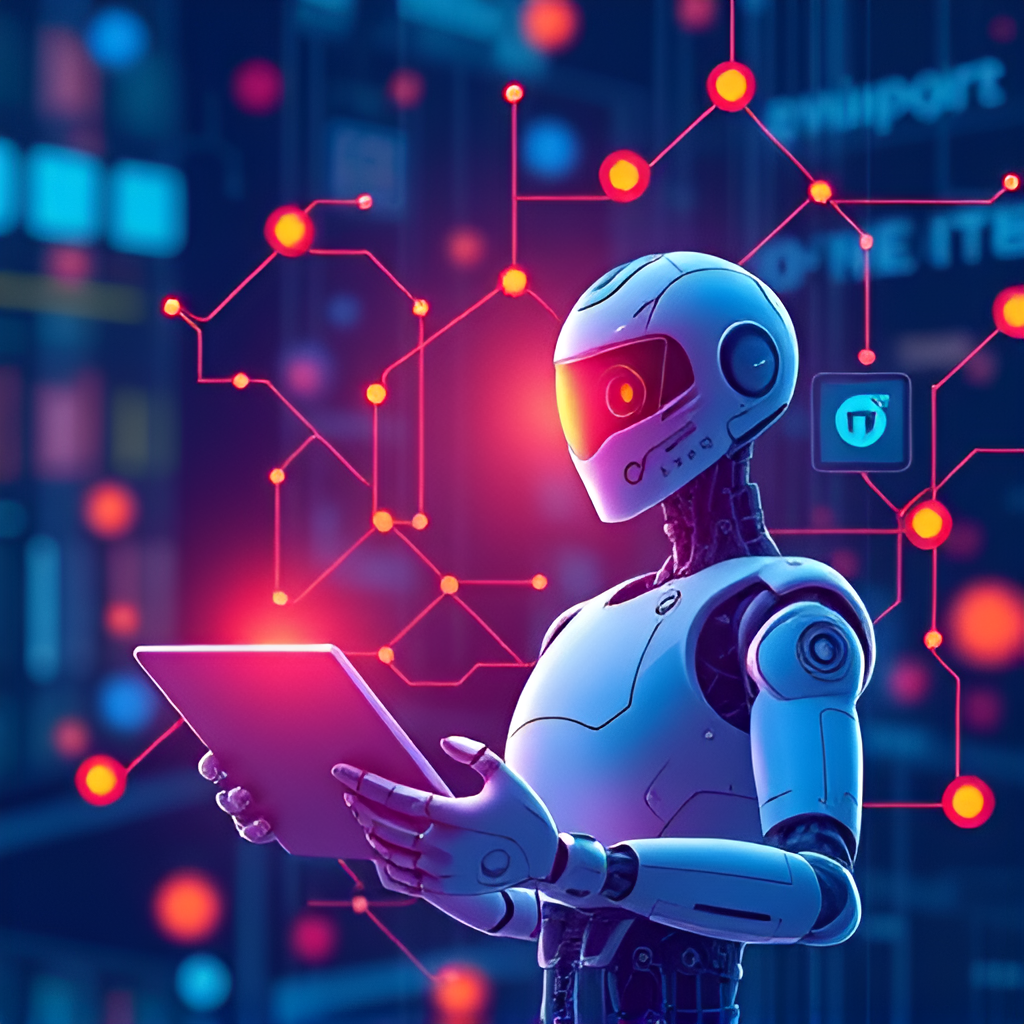Introduction
Intelligent automation (IA) is rapidly evolving, reshaping how businesses operate by integrating artificial intelligence (AI), robotic process automation (RPA), and machine learning (ML). As organizations strive for efficiency, cost savings, and improved customer experiences, several new trends are emerging in the automation space.
1. Hyper Automation Becomes the Norm
Hyperautomation, which combines AI, RPA, and process mining, is driving large-scale automation efforts across industries. Businesses are leveraging this approach to eliminate repetitive tasks, improve decision-making, and enhance productivity.
2. AI-Driven Process Discovery and Optimization
AI-powered analytics tools are now capable of identifying inefficiencies in workflows and suggesting automation opportunities. This trend is helping companies optimize operations faster and more effectively than ever before.
3. Conversational AI and Chatbots
Customer service is being transformed by AI-driven chatbots and virtual assistants that handle complex queries, reducing dependency on human agents while improving response times.
4. Low-Code/No-Code Automation
With the rise of user-friendly automation platforms, even non-technical professionals can develop and deploy automation workflows, reducing IT dependency.
4. Intelligent Document Processing (IDP)
Advancements in natural language processing (NLP) and optical character recognition (OCR) are enabling businesses to automate document-heavy processes like invoicing, contract management, and compliance reporting.
Conclusion
The future of intelligent automation is promising, with businesses increasingly adopting AI-driven solutions to stay competitive. Companies that embrace these trends will gain a strategic edge, enhancing efficiency and driving innovation.


